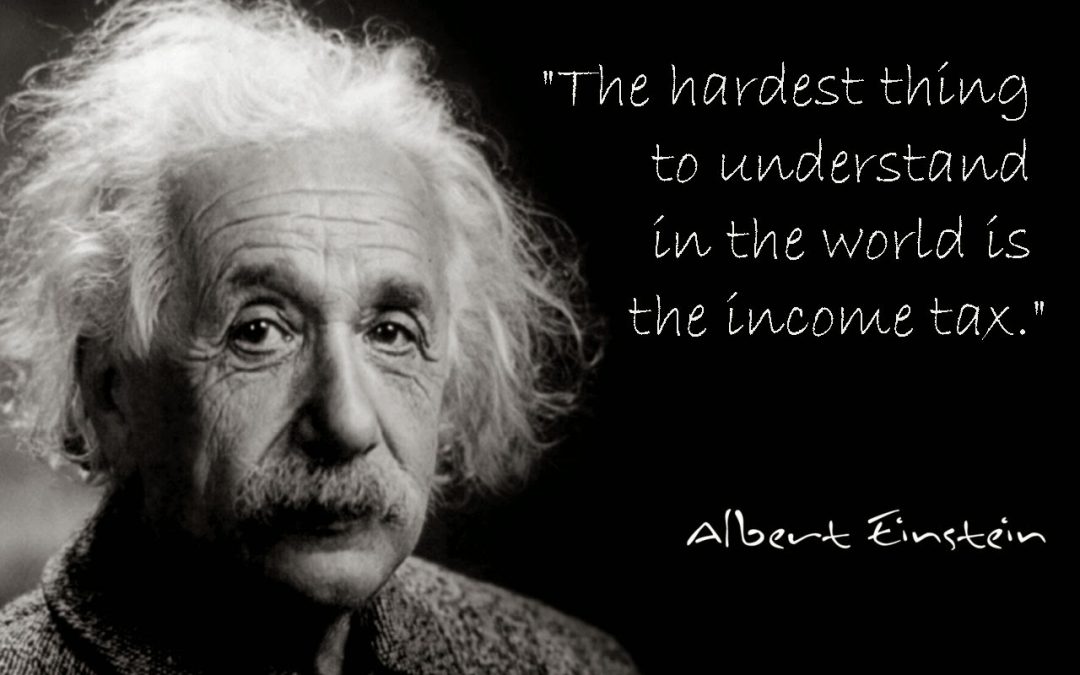Tis the season for taxes. For many New Mexicans this time of the year is a joyous occasion filled with cheers, thanksgivings and endless Audio Express commercials on the airwaves that advertise stereos, amplifiers and sub-woofers that can be purchased for the small price of one’s beloved tax return. For others, the tax man cometh and this season is a dark period of the year festering with fear and loathing at the thought of the IRS greedily rubbing its hands together while breathing down one’s back for a bigger chunk of one’s hard earned money.
Whether a person falls on the love or loathing end of the spectrum often turns on whether that person is able to claim a qualifying child as a dependent for tax exemption purposes. For parents that are filing separately, the ability to claim dependent children substantially impacts the bottom line of one’s individual taxes.
There are several tax benefits involved with claiming a qualified child as a dependent. For the calendar year of 2014, claiming one’s child as a dependent reduces one’s taxable income by $3,950. Another possible tax benefit is the Child Tax Credit, which is worth up to $1,000 for each child under the age of 17 – provided that the parent meets eligibility requirements that are based on adjusted gross income. The final tax benefit includes an ability to claim a credit of up to $2,100 for qualified dependant child care costs.
Parent’s that file separate taxes face a potential obstacle because only one parent can ultimately claim the child. Because of this fact, single parents, and married parents that are going through a divorce and choose to file separately, often disagree on which parent can claim the child or children as a tax deduction.
Most red blooded Americans cower and tremble before the IRS, treating anything that the IRS says like it is an immutable law that has been decreed in stone on the top of a mountain. Unlike most American’s – at times – Albuquerque, New Mexico Courts will boldly disagree with the IRS’ statement on which parent can claim a qualified child as a tax deduction.
IRS Publication 501 – which deals with exemptions, standard deductions and filing information – clearly states that an individual may claim a child as a dependent on his or her tax return if the child resides with that individual “for more than half of the year. . . .” Therefore, according to the IRS, the parent with greater time-sharing can always claim the child.
Albuquerque, New Mexico courts swagger across the clear line that the IRS draws in the sand. Generally speaking, Albuquerque, New Mexico courts allow single parents to alternate the years that each parent can claim the child as a dependent – provided that the parents have joint legal custody/shared physical custody, and the parent ordered to pay child support is current on child support for the calendar year at issue.
New Mexico’s ability to ignore IRS Publication 501 was showcased in the case of Macias v. Macias, 126 N.M. 303. In Macias, the trial court awarded Mother primary child custody of the parties’ three children, ordering Father to pay child support. The court also allowed Father to claim two of the three children for tax deduction purposes, despite the fact that Mother had primary physical custody of the children. Mother appealed the trial court’s ruling, arguing that “. . . federal law controls and that the court had no choice but to allow Wife, as the custodial parent of all three children, to receive the exemptions for each child regardless of support payments.” See ¶ 2.
The court of appeals ultimately upheld the trial court’s ruling, reasoning that the federal law does not prevent a state court from alternating or distributing the right for parents to claim children as dependents for tax purposes. In other words, Albuquerque, New Mexico courts are not shackled by the IRS and have the power to reach a decision based on what it believes is fair, equitable and in the best interests of the children.








